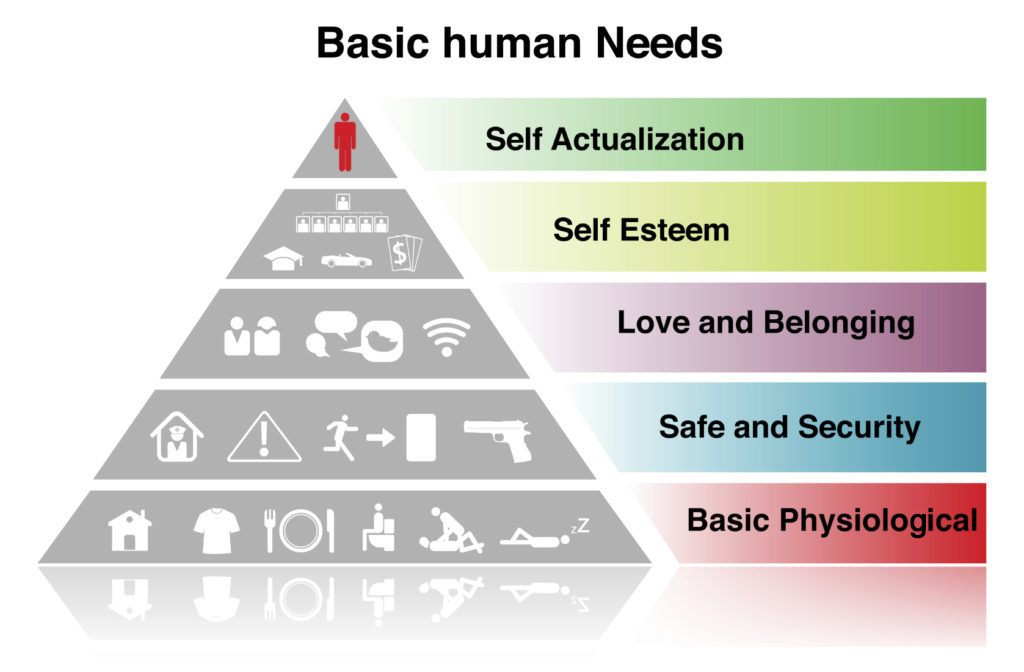1. To survive, every person is engaged in a continuous struggle to satisfy needs or relieve tension.
2. Some means is required to satisfy a need (tools, food, money, physical strength, knowledge, etc.).
3. Most needs of individuals are satisfied in relationships with people or groups, so people and groups become the means we rely on most heavily for the satisfaction of our needs.
4. People actively seek out those relationships in which the other person is seen as having the means for satisfying their needs.
5. People join groups, then, because they hope that membership will offer them the means for satisfying their needs. Conversely, they leave groups when they no longer get their needs satisfied.
6. Group members accept influence and direction of a leader only if they regard him or her as a person through whose means they will get their needs satisfied. People follow (and permit their activities to be directed by) a leader whom they believe will get them what they need or want.
It follows that a leader earns and retains his or her role as a leader only if in the eyes of the group members “following the leader” holds out the promise that they will get their needs met.
What is the Leader’s Dilemma?
Acquiring followers through meeting the needs of group members does not tell the whole story of effective leadership. The other side of the coin is that leaders must be successful in getting their own needs satisfied.
People seldom seek leadership positions solely to satisfy the needs of group members. Leaders are human, too. And they have the usual human needs for status, achievement, higher pay, recognition, self-esteem, security, and acceptance—in fact, usually the same needs as their group members.
If they don’t find ways of satisfying these needs in their leadership position, they will not want to remain there very long. Even when leaders continue to tolerate a job long after they find that many of their needs are not satisfied, they soon find themselves incapable of putting forth all the effort required to do what they must do to ensure that their group members’ needs are satisfied.
The explanation is obvious: people will continue to expend energy doing things that benefit others only if they feel they are receiving “reciprocal benefits.” There is always a limit to one-way sharing of benefits in human relationships. You can think of this principle in terms of “I’ll scratch your back if you scratch mine.”
Effective Leadership Requires Specific Relationship Skills
It is clearly evident that an effective leader must be both a “productivity specialist” (meeting the organization’s needs) and a “human relations specialist” (meeting members’ needs and facilitating conflict resolution). One without the other does not work.
We now know the specific communication and conflict resolution skills that a leader needs to become an effective human relations specialist—one that encourages cooperation, collaboration, collegiality, co-determination.

